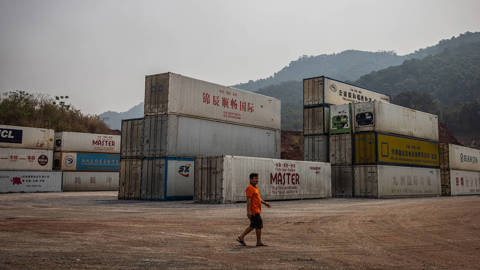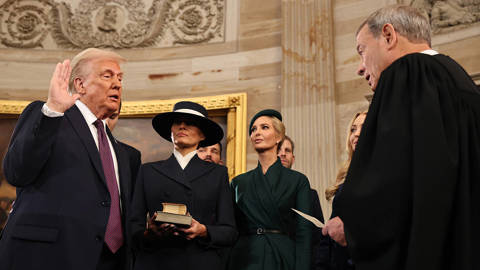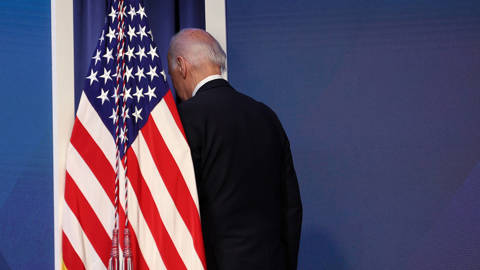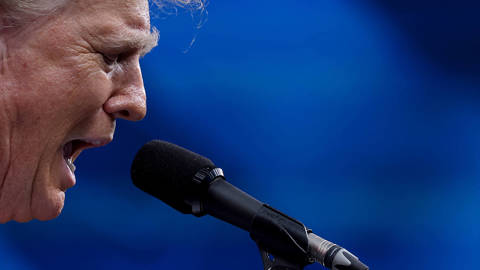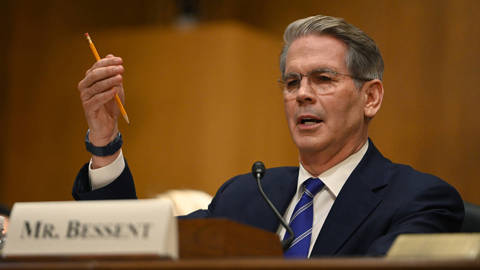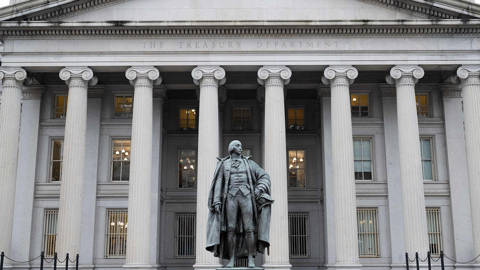Bernard Haykel
Bernard Haykel is Professor of Near Eastern Studies at Princeton University. He is currently completing a book on Saudi Arabia’s modern history.
-
War Is What Hamas and Iran Want

War Is What Hamas and Iran Want
Dec 7, 2023 Bernard Haykel warns that Israel’s scorched-earth Gaza campaign risks playing into its enemies’ hands.
-
Saudi Arabia’s New Nationalism

Saudi Arabia’s New Nationalism
Sep 29, 2023 Bernard Haykel explains the reasoning behind the Kingdom's ongoing domestic- and foreign-policy transformation.
-
Why the Saudis Won't Pump More Oil
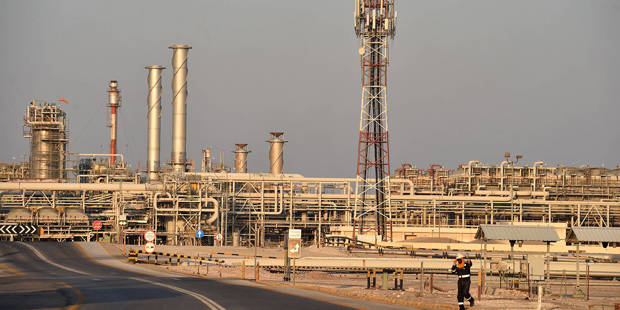
Why the Saudis Won't Pump More Oil
Mar 16, 2022 Bernard Haykel examines the political, strategic, and economic factors determining the Kingdom's production decisions.
-
An Interview with Bernard Haykel
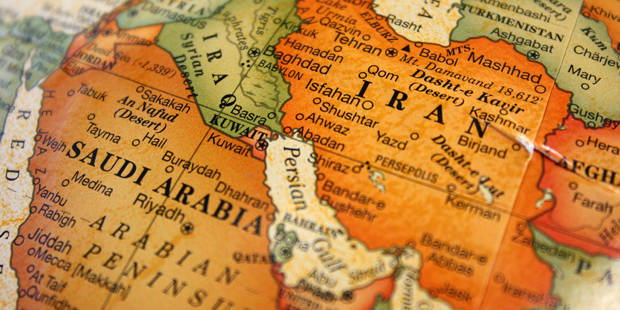
An Interview with Bernard Haykel
Jul 13, 2021 Bernard Haykel considers the implications of Ebrahim Raisi’s election as Iran’s president, proposes a plan for ending the war in Yemen, and assesses Joe Biden’s Saudi Arabia strategy.
-
Biden’s US-Saudi Recalibration
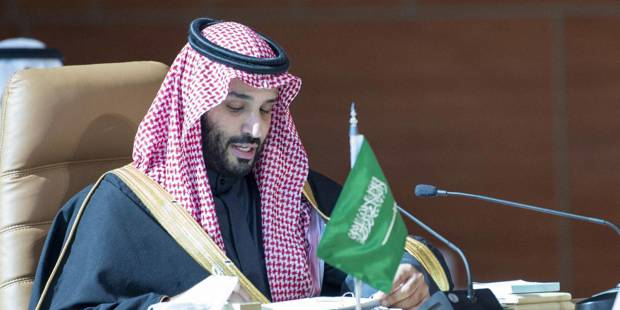
Biden’s US-Saudi Recalibration
Mar 18, 2021 Bernard Haykel welcomes the president’s recognition of mutual strategic interests in the bilateral relationship.
